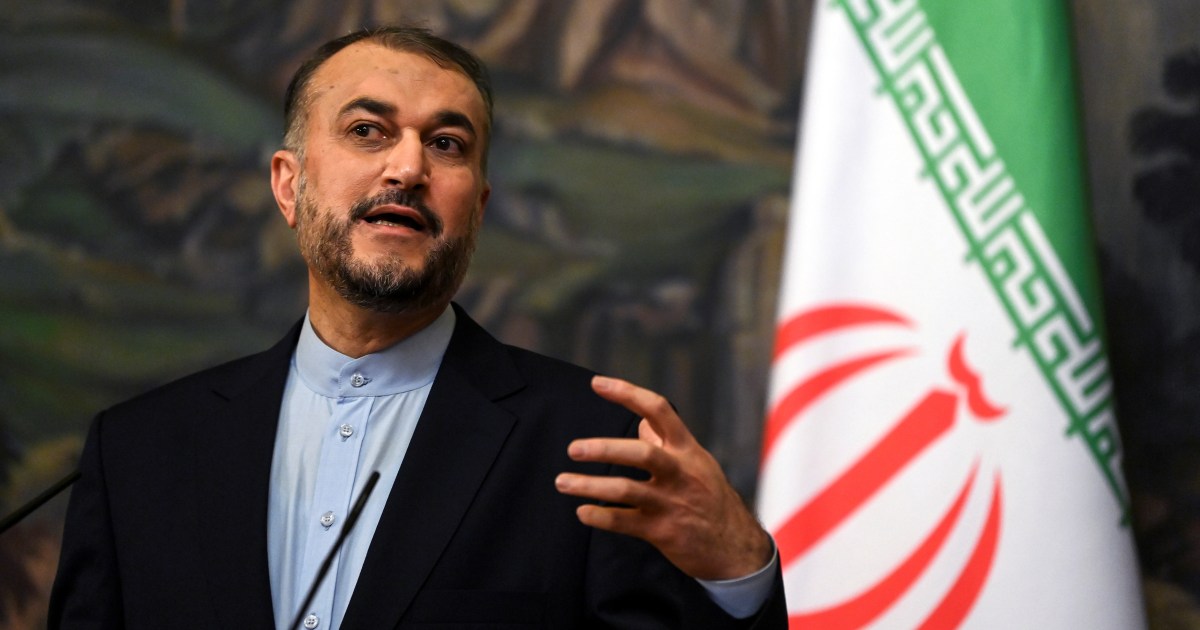Iran welcomed European diplomatic efforts to revive the agreement on its nuclear program, and stressed that the United States should demonstrate "practically" its desire to revive the agreement signed in 2015.
During a call with the European Union's foreign policy chief, Josep Borrell, on Wednesday, Iranian Foreign Minister Hossein Amir Abdollahian confirmed that "Iran welcomes the continuation of the path of diplomacy and negotiation," according to a statement issued by the ministry in Tehran.
He also noted that the United States "always stresses that it wants an agreement, so we must see this approach in the text of the agreement and in practice."
On Tuesday, Borrell revealed his proposal for a new draft text to revive the 2015 Iranian nuclear agreement, saying that there was no longer room for more major concessions, calling on Tehran and Washington to accept them to avoid a "serious crisis."
It is noteworthy that the 2015 agreement between Tehran and Washington, Paris, London, Berlin, Moscow and Beijing allowed the lifting of sanctions on Iran in return for reducing its nuclear activities and ensuring the peace of its program.
Washington unilaterally withdrew from the agreement in 2018, during the era of former President Donald Trump, re-imposing economic sanctions on Iran, which responded by gradually retreating from most of its obligations under it.
Iran and the powers affiliated with the agreement began discussions to revive it in April 2021 in Vienna, with the indirect participation of the United States and facilitated by the European Union.
Despite achieving great progress in the negotiations, the talks were suspended last March, with the remaining points of disagreement between Tehran and Washington that the stakeholders have not yet been able to bridge the gap.
In late June, the two sides held indirect talks in Doha with the facilitation of the European Union, which ended without achieving progress in the file.
Borrell wrote in an article published in the British "Financial Times" newspaper that his proposal "is not a perfect agreement", but it "represents the best agreement that I consider possible, as a mediator in the negotiations."
He pointed out that the proposed solution "addresses all the basic elements and includes settlements that all parties obtained with difficulty," warning that in the event of rejection, "we risk a serious nuclear crisis."

